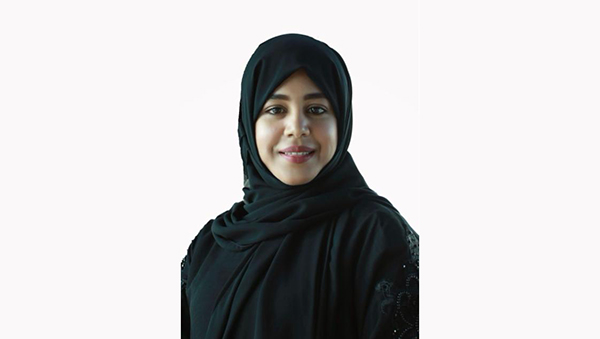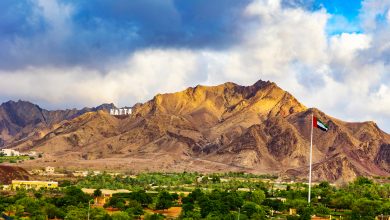DUBAI: The credibility of the International Halal Accreditation Forum (IHAF), the world’s first halal accreditation network, is highlighted even further as the number of countries and international organizations joining its halal standardization initiative continues to increase.
The Forum has been actively discussing means to decrease trade barriers in the halal ecosystem by working with 37 recognized accreditation bodies representing 34 countries, and the number continues to grow.
Dr. Rehab Al Ameri, Secretary General of IHAF said: “The objective of IHAF has been to create an ecosystem that can trade goods with no barriers across the globe. This empowers the traders from the member countries that the goods are traded are guaranteed halal as per the unified standards.
“This act of unification is vital to ensure the continuous prosperity of the halal trade globally and protects the integrity of the entire halal value chain. With this, we are looking forward to further forge partnerships and advocate unifying the halal standards worldwide.”
More countries and entities in the industry are seeing the trustworthiness of IHAF’s global standing. As per the report from State of the Global Islamic Economy Report 2019/2020, among the top four out of five halal exporting countries – Brazil, Australia, Sudan and India – are IHAF members. Moreover, the top five out of 10 countries that are the global Islamic economic indicators of halal food in the world – UAE, Brazil, Australia, Sudan and Pakistan–are also recognized as IHAF members.
IHAF is also entering into technical cooperation agreements with different organizations. Since its inception in 2016, the Forum has consistently been forming international strategic partnerships with premier international societies that are crucial to form and sustain the highest standards among accreditation bodies.
IHAF believes that standardizing halal accreditation worldwide is essential to easily establish which products are genuinely halal. There has always been a pressing need to establish a universal identification system since the demand for halal products have started to grow—with the Islamic economy achieving a 5.2 per cent over the previous year and is forecasted to reach US$ 3.2 trillion by 2024, according to a report by the State of the Global Islamic Economy Report 2019/2020. This is the reason why top consumer markets are seeing the value of taking part in IHAF’s standardization initiatives.
The current member countries of IHAF include: (alphabetical order) Argentina, Australia, Belarus, Brazil, Bulgaria, Columbia, Costa Rica, Egypt, Hungary, India, Indonesia, Italy, Jamaica, Japan, Jordan, Kazakhstan, Kuwait, Kyrgyzstan, Libya, Mexico, Morocco, New Zealand, Nigeria, Pakistan, Philippines, Republic Of Korea, Russia, Kingdom of Saudi Arabia, Spain, Sudan, Thailand, United Arab Emirates, United Kingdom and the United States of America.




